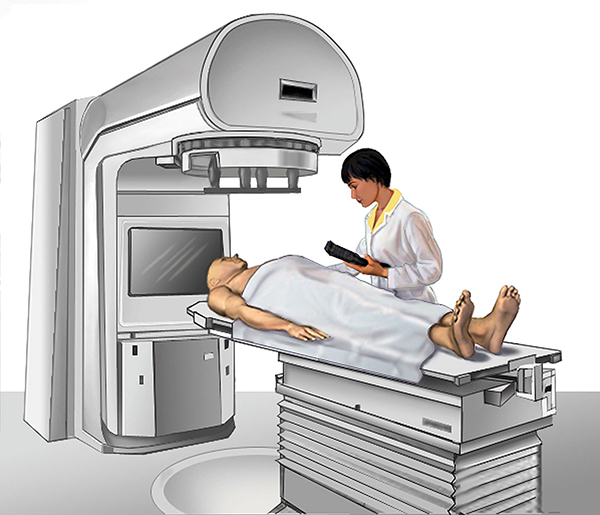Speaker Profile
M.D., Ph.D., Associate Professor, Stanford University

Biography
Dr. Loo is a physician-scientist Radiation Oncologist and Bioengineer who leads the Thoracic Radiation Oncology program at Stanford Cancer Institute. His clinical specialties are state-of-the-art radiation therapy for lung/thoracic cancers, including stereotactic ablative radiotherapy (SABR) and 4-D image-guided radiation therapy for lung tumors. His research is in clinical trials and implementation of new treatment techniques for lung cancer, development of new medical imaging methods for measuring organ function and predicting response to cancer treatment, and development of next generation radiation treatment technologies and studying their unique biological effects. Dr. Loo is a recognized expert in thoracic cancers serving on multiple national committees (including as writing member, chair, or vice-chair) that publish clinical guidelines on the treatment of lung cancer and other thoracic malignancies, including the National Comprehensive Cancer Network (NCCN), American College of Radiology (ACR), and American Society of Radiation Oncology (ASTRO). Dr. Loo received his MD from University of California, Davis and his PhD in Bioengineering from University of California, San Francisco and Berkeley. He completed his Radiation Oncology residency training at Stanford University where he is now Associate Professor of Radiation Oncology. He is certified by the American Board of Radiology in Radiation Oncology.
Talk
Technological Advances in Precision Radiation Medicine
Radiation therapy is the original precision targeted cancer treatment. Major advances in medical imaging and exquisite radiation dose sculpting technologies have dramatically increased physical precision of radiation therapy. This presentation summarizes current state-of-the-art and emerging advances leading to new levels of physical and biological precision in cancer radiation therapy.
Session Abstract – PMWC 2018 Silicon Valley
Session Synopsis: Recent advancements in engineering, molecular biology, imaging and machine learning are posed to revolutionize radiotherapy and improve the outcome in cancer patients. We will review the growing body of evidence on radiation technology development, imaging-based radiotherapy, prognostic biomarkers of radiosensitivity/radioresistance, and the benefits of combining immunooncology with radiotherapy.




